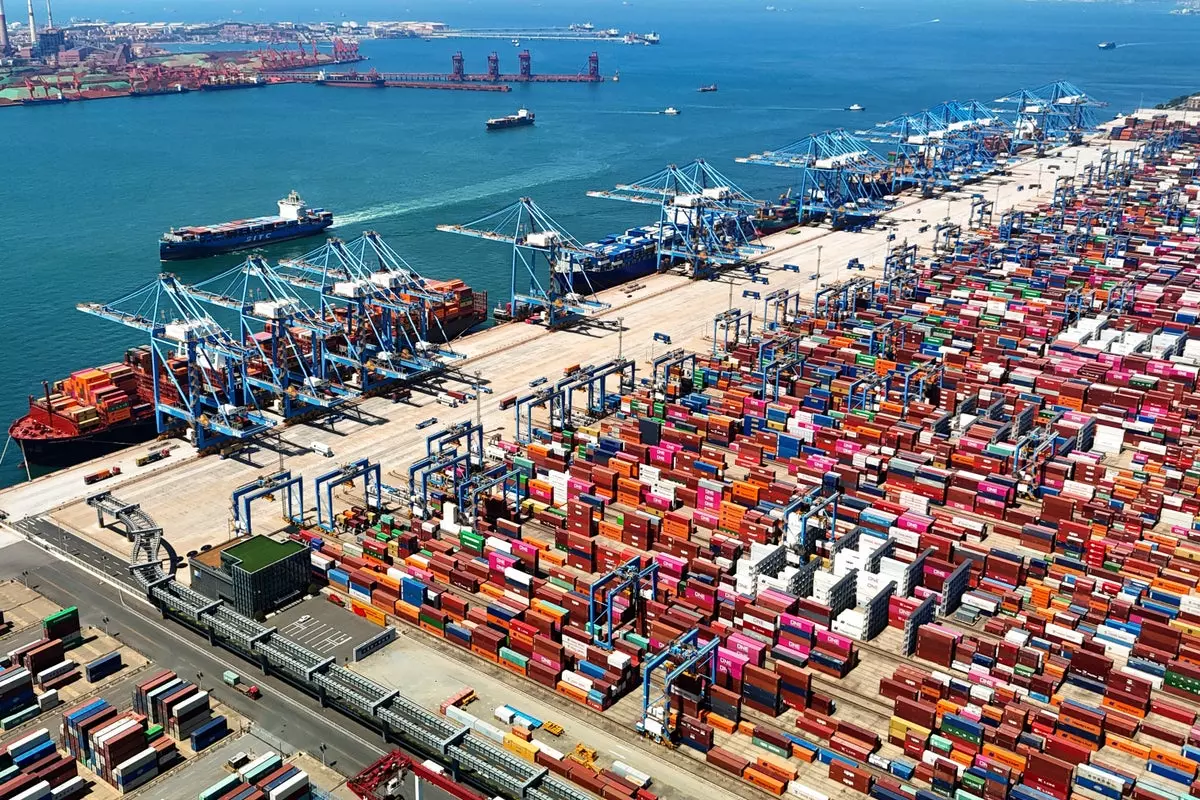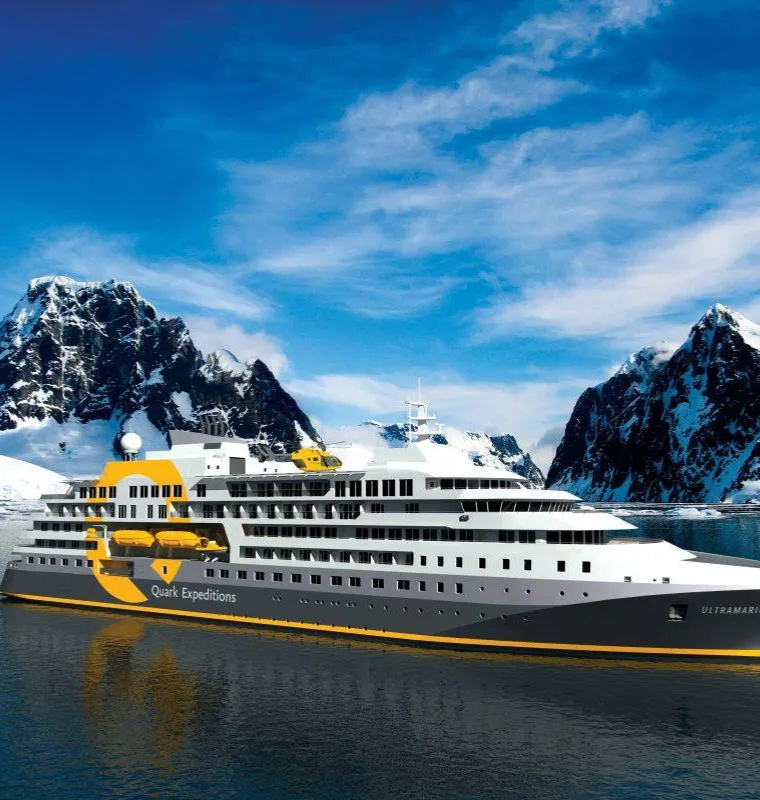China Sanctions Five U.S. Subsidiaries of Hanwha Ocean Amid Escalating Maritime Dispute
China Sanctions Five U.S. Subsidiaries of Hanwha Ocean Amid Escalating Maritime Dispute
By
Leah Rosenfeld
Last updated:
October 14, 2025
First Published:
November 30, 2025

Photo: inkl
China has imposed sanctions on five U.S.-based subsidiaries of South Korean shipbuilding giant Hanwha Ocean, marking a sharp escalation in the ongoing trade and maritime tensions between Beijing and Washington. The decision triggered a sell-off in Seoul, with Hanwha Ocean’s shares plunging more than 8% in Tuesday’s trading session.
The Sanctions and Their Scope
According to a statement from China’s Ministry of Commerce (MOFCOM), the targeted companies include Hanwha Shipping LLC, Hanwha Philly Shipyard Inc., Hanwha Ocean USA International LLC, Hanwha Shipping Holdings LLC, and HS USA Holdings Corp.
The ministry said the sanctions took immediate effect, banning all Chinese entities and individuals from conducting business with these subsidiaries. The move, according to MOFCOM, is intended to “safeguard China’s sovereignty, national security, and maritime interests.”
A ministry spokesperson stated that the Hanwha subsidiaries had “assisted and supported the U.S. government’s probes and restrictive measures against China’s maritime, logistics, and shipbuilding sectors,” calling the company’s involvement “unacceptable interference” in China’s internal affairs.
Hanwha Ocean has yet to issue an official response to the sanctions.
The Broader Trade Dispute
The latest sanctions come amid a rapidly escalating trade confrontation between the U.S. and China over control of global shipping, rare earths, and maritime logistics. Earlier on Tuesday, Beijing confirmed that it would begin collecting new port fees on U.S.-linked vessels, mirroring the U.S. government’s own tariff hikes on Chinese ships docking at American ports.
Under the new policy, China will charge 400 yuan ($56) per net ton on American vessels, while exempting ships built domestically. The reciprocal tariffs began simultaneously at 12:01 a.m. EDT, impacting global shipping routes and logistics costs.
Container ships, which typically range between 50,000 and 220,000 tons, could face additional costs of $2.5 million to $12 million per voyage depending on their size, according to shipping analysts.
Strategic Retaliation and Rare Earths Controls
Beijing’s move is part of a broader pattern of retaliatory measures against Washington’s trade restrictions. In recent weeks, China has tightened export controls on rare earth elements — materials essential for high-tech manufacturing, defense systems, and renewable energy production.
In response, U.S. President Donald Trump threatened to double tariffs on Chinese imports, sparking fears of a renewed global trade war. Chinese officials have defended their actions, labeling the restrictions on rare earth exports and port fees as “legitimate and necessary measures to protect national interests.”
China’s Investigation Into U.S. Maritime Policies
Adding to the tensions, China’s Ministry of Transport announced it had launched a formal investigation into Washington’s Section 301 probe — a U.S. trade policy instrument often used to impose tariffs on foreign industries deemed to engage in “unfair practices.”
The ministry said the investigation would examine whether foreign companies, organizations, or individuals assisted the U.S. in imposing discriminatory restrictions on China’s maritime and shipbuilding sectors. The inquiry is expected to involve several major Chinese ports and shipbuilders, signaling Beijing’s intent to push back on what it sees as politically motivated U.S. trade enforcement.
Market Reaction
Following the sanctions announcement, Hanwha Ocean’s stock plunged 8.1% on the Korea Exchange (KRX), its largest one-day drop in months. Analysts say the company’s global business exposure and heavy involvement in U.S. defense-related projects make it particularly vulnerable to geopolitical tensions.
Investors are also watching for potential secondary effects, including disruptions in global shipping contracts and supply chain partnerships, as China’s sanctions begin to take effect.
The Bigger Picture
This latest confrontation underscores how the global maritime sector has become a new front in the U.S.–China trade war. With both countries introducing tit-for-tat measures, analysts warn that the escalating conflict could disrupt shipping routes, inflate global freight costs, and add pressure to already fragile supply chains.
As the world’s two largest economies continue to clash over trade, technology, and resources, companies operating at the intersection of U.S. and Chinese interests — like Hanwha Ocean — are likely to remain caught in the crossfire.
Popular articles
Subscribe to unlock premium content
Snow, Silence, and Splendor

The $60 Million Market for Ultra-Exclusive Executive Pop-Up Experiences

Conquering the Poles in Absolute Luxury

Snow, Silence, and Splendor

The $60 Million Market for Ultra-Exclusive Executive Pop-Up Experiences

Snow, Silence, and Splendor









